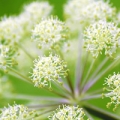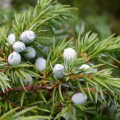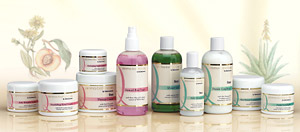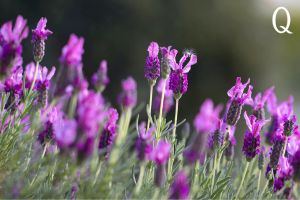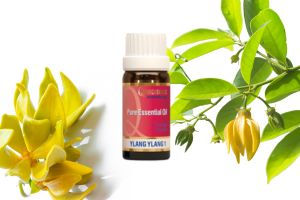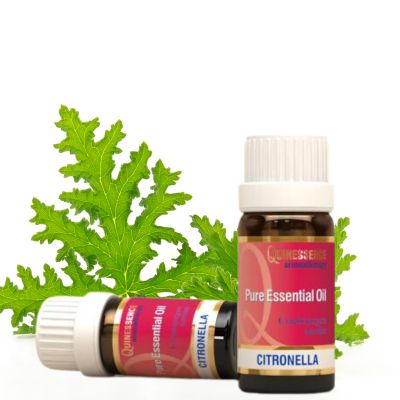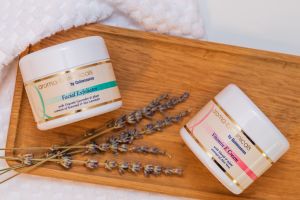Sweet Fennel Essential Oil
 Sweet fennel essential oil is obtained from the seeds of Foeniculum vulgare Mill. subsp. vulgare var. dulce, which belongs to the Apiaceae family of plants.
Sweet fennel essential oil is obtained from the seeds of Foeniculum vulgare Mill. subsp. vulgare var. dulce, which belongs to the Apiaceae family of plants.
The herb fennel has been cultivated for centuries and has a rich history of medicinal, culinary and magical uses stretching back to the earliest records of the Ancient Chinese, Egyptians, Greeks, Romans and Indian cultures.
Fennel is native to coastal areas in the Mediterranean region where it has been cultivated for centuries, but it has now become naturalised in the United Kingdom, Northern Europe, United States, Australia and many temperate regions around the world after repeatedly escaping cultivation.
When cultivated specifically for the extraction of sweet fennel essential oil, the main growing areas include Egypt, France, Greece, Italy, Spain and more recently the United Kingdom. Bitter fennel oil is generally not used in aromatherapy since it may cause sensitisation in some individuals, although it is used both in herbal medicine and as a flavouring in foods and drinks.
General description
Fennel is an attractive, hardy perennial that can reach a height anywhere between 1 to 2 metres according to variety, and comprises of 4 or 5 stout, smooth, hollow stalks containing white pith. The stalks are topped with feathery green leaves that are finely divided into fine thread-like segments, and the small bright golden flowers appear in flat terminal umbels, with thirteen to twenty rays which bloom during July and August in the United Kingdom.
The small, ribbed, elliptical fruits (commonly called seeds) measure about 1 centimetre in length and are the source of sweet fennel essential oil. Although all parts of the plant are edible, the large bulb-like stem, which is usually eaten as a vegetable, does not develop in the sweet variety to anything like the size achieved by the bitter.
When cultivated specifically for the extraction of essential oil, the main producing areas include Egypt, France, Greece, Italy, Spain and more recently the United Kingdom.
Traditional uses of fennel
Hippocrates used fennel herb to treat infant colic around 300 BC, and later Pliny the Elder (23-79 AD) used fennel in no less than 22 of his remedies. The Greek physician, botanist and physicist, Dioscorides (40-90 AD), used the herb to treat cramping, digestive problems, and to increase lactation with nursing mothers. A decoction of fennel was recommended in Chinese medicine for abdominal pain, colic, and stomach chills.
The Greeks may have been the first to discover the herbs ability to aid weight loss, and in honour of this they named it ‘Marathon’ from the Latin maraino, meaning ‘to grow thin’. The 17th-century herbalist, Nicholas Culpeper likewise claimed that all parts of the plant helped make ‘people lean that are too fat’, and also believed it was effective against bites, stings and to neutralise poisons. Olympic athletes ate fennel seeds to increase their strength, as did Roman soldiers who also used them to stave off hunger pangs whilst on long marches.
Harvesting and oil extraction
The seeds are harvested just before they fully ripen, and are then left to dry for 3 or 4 days. Once dried, the seeds are crushed to release the essential oil and then immediately loaded into the still to prevent loss by evaporation. Steam distillation yields 3% to 4% of a very pale straw-coloured essential oil with a sweet, slightly peppery-spicy odour with earthy backnotes, and is quite reminiscent of liquorice and aniseed.
Benefits of sweet fennel essential oil
Sweet fennel essential oil is most often used in massage for treating various digestive disorders and supporting weight-loss programs. It is a lymphatic decongestant with a cleansing and stimulating action that tones the spleen, kidneys and liver, helping to detoxify in cases of arthritis, rheumatism, cellulite, oedema, drug and alcohol addiction.
It is especially effective for the treatment of cellulite and oedema when used together with juniper berry oil in body massage treatments. Sweet fennel also has an antispasmodic action and is stimulating to the cardiovascular and respiratory systems.
Although it is not used very often in aromatherapy skin care treatments, sweet fennel oil has a soothing, cleansing and toning effect that can be beneficial for mature complexions. On the emotional system it is said to promote courage and strength in the face of adversity.
A major constituent of sweet fennel oil, trans-anethole, is known to possess anti-inflammatory and anti-tumour properties. A study reported in ‘Biological and Pharmacological Bulletin’ (Jan 2011) found that despite weak cytotoxicity against the cells, anethole inhibited the adhesive and invasive activities of cancer cells in a dose-dependent manner. Also, anethole suppressed the enzymatic-regulated activities necessary for cancer cell multiplication, therefore the study’s findings indicate that anethole is a potent anti-metastatic drug.
Trans-anethole has an oestrogen-like effect, therefore never take sweet fennel essential internally if you are pregnant, or suffer from endometriosis, prostatic hyperplasia, or oestrogen-dependent cancers. (Tisserand & Balacs, Essential Oil Safety, Churchill Livingstone).
Sweet fennel essential oil blends with black pepper, cardamon, cedarwood virginian, geranium, grapefruit, jasmine, juniper berry, lavender, lemon, palmarosa, pine, rose, rosemary and sandalwood.
Browse Quinessence Sweet Fennel Essential Oil
Copyright © Quinessence Aromatherapy Ltd 2021.



